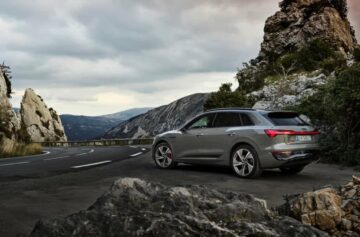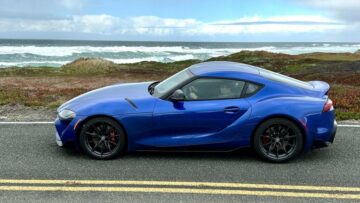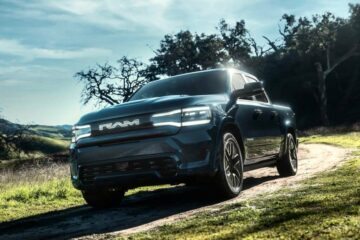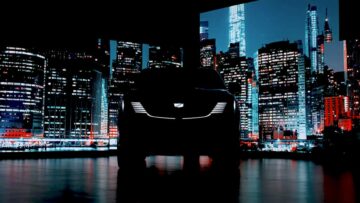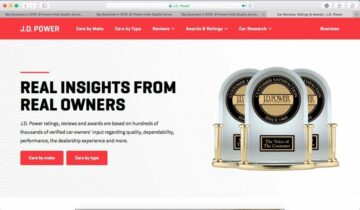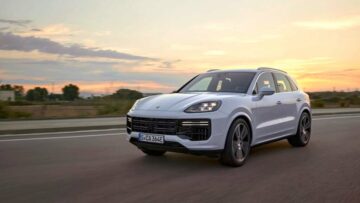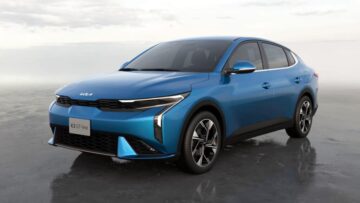New car sales for 2022 were the worst in over a decade. Nearly across the board, sales dropped in 2022, even as employment figures were booming and the tech sector had a promising year, with industries like cloud computing, biotech, AI and data analytics among the fastest-growing business areas.
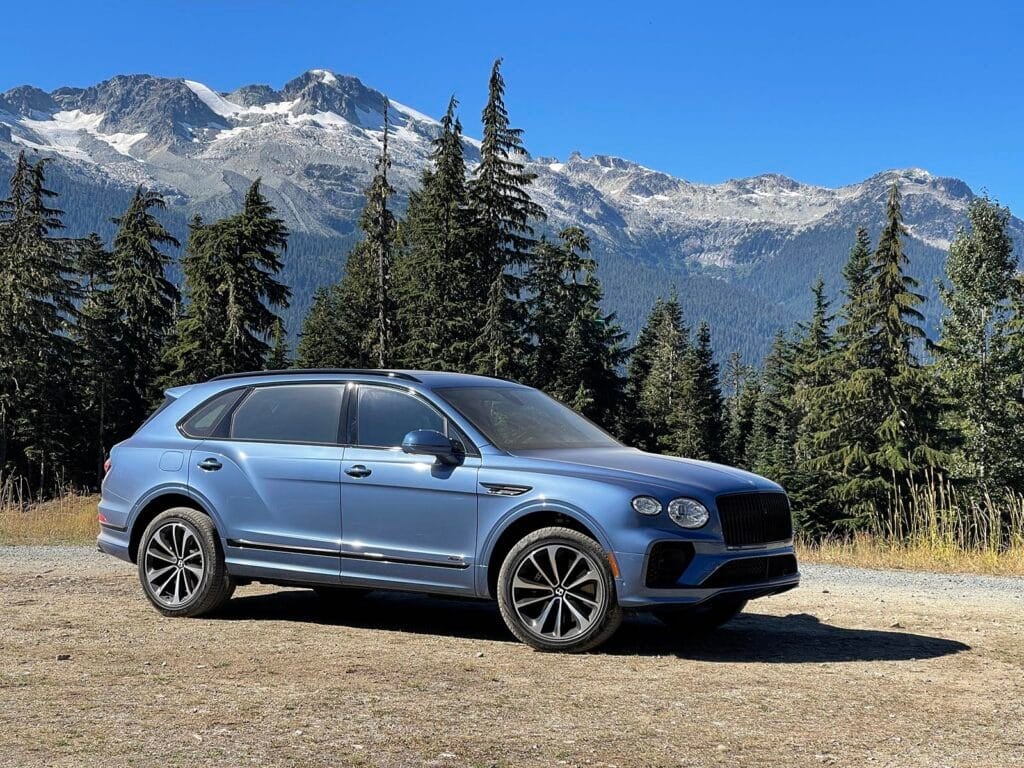
After the pandemic years, anyone would think it would be a good year for automakers, and new car dealers were certainly proud of the inventory they had, placing eye-popping markups on virtually any kind of vehicle.
As it happened, that’s not how it worked out. Much of the missed sales were due to supply chain issues, and some to lingering uncertainty in the economy, but the bright spot of the auto industry in 2022 was at the top end, as luxury vehicle sales hit record highs even amid the doldrums.
Brands like Bentley, Porsche, Rolls-Royce, and others saw sales increases. Aggregate luxury brand sales were up 0.3% in a market where overall sales were down 8%, according to a report by Automotive News. The report also found that luxury sales were up to 16% of the U.S. light vehicle market. Average transaction prices were up as well, to $48,681.
The bottom line is that Americans bought fewer new vehicles overall, but paid more for those they did buy, and preferred the top tier of premium brands when possible. This raises an important question: what is luxury in the current market? Is the concept tied to advanced features or exceptional design and materials, or is it some combination of factors?
What constitutes a luxury car, anyway?
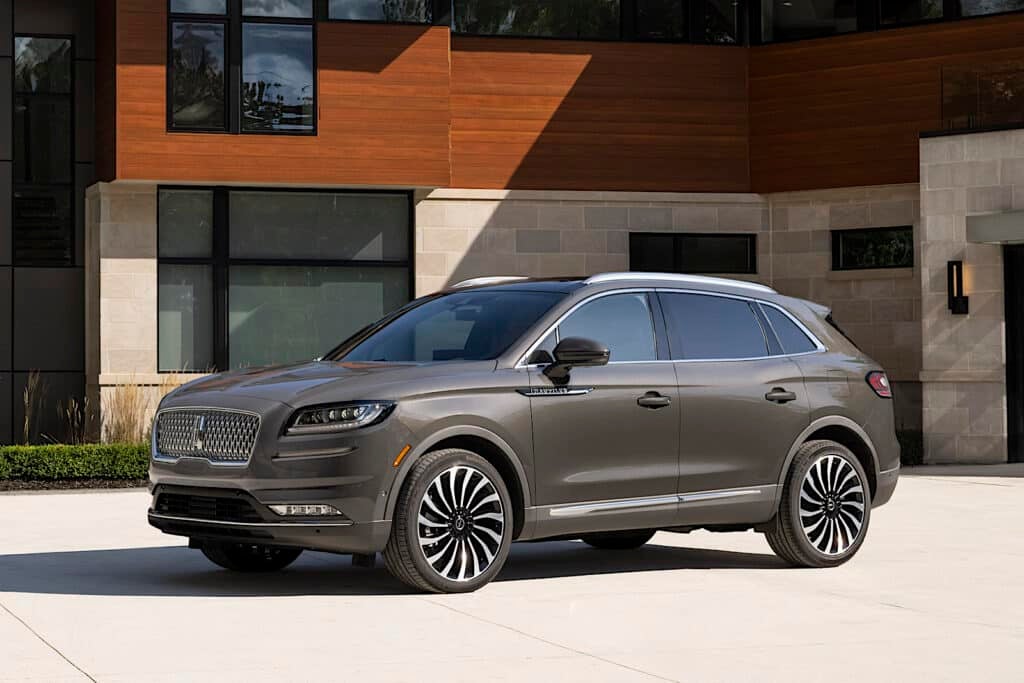
The concept of luxury has changed. According to lifestyle site Luxiders.com, “old luxury” was about “excess, opulence, and status,” but that has changed. “Today, [the] New Luxury paradigm has shifted from being about the product to being about the process and experience.”
It’s an idea that’s echoed by other thought leaders. Forbes magazine talks about “time, truth and trust,” as key elements of luxury, by which they broadly cover with the catch-all value of authenticity. The Wharton School touches the same point, saying “there has been a cultural shift away from conspicuous consumption, toward something called minimalist luxury.” The school’s interview defines that concept as, “the idea of buying fewer items and buying better,” which is a close summation of the behavior of the automobile market in 2022.
“Luxury means different things to different people, but technology is a more critical part of that matrix than ever,” Wasef said. “Beyond self-parking or self-driving, novelties like facial recognition and fingerprint scanning can add a feeling of specialness to otherwise mass-produced vehicles.”
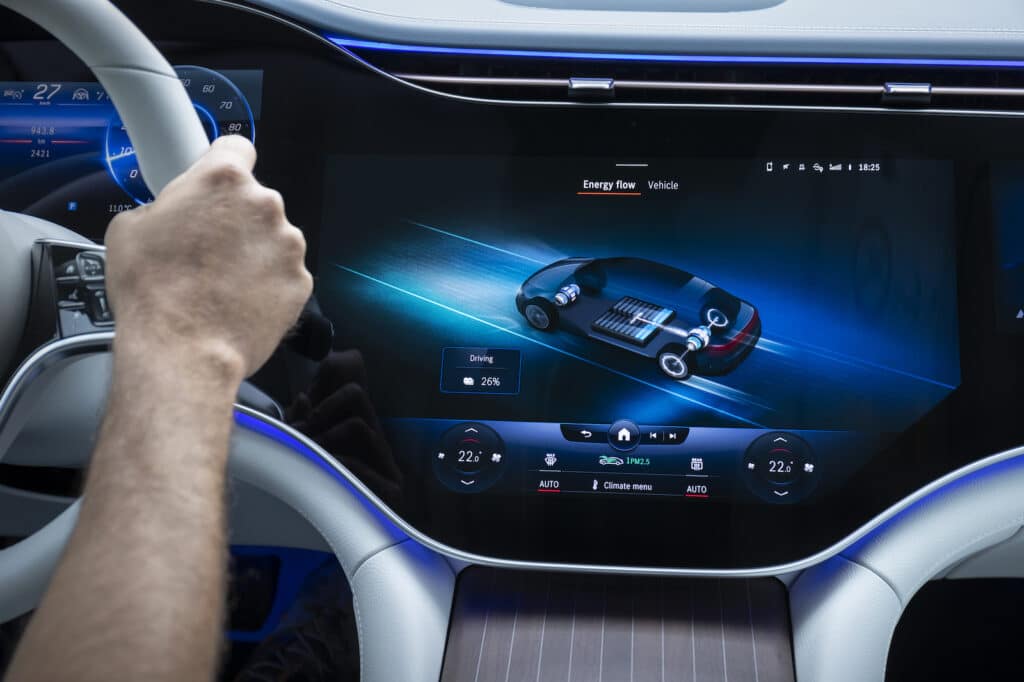
Technology is democratized, raising the bar
In decades past, luxury could be a feature list. Air conditioning, power windows, and cruise control were considered luxury features that are now standard on even the most economical cars. Even advanced driver assistance features like adaptive cruise control, automatic high beams, and a proactive steering assistance are standard on the base trim of that archetype of economy cars, the Toyota Corolla. With formerly exclusive tech now commonplace, luxury brands have to look for new features to maintain their advantage.
“While luxury features have become attainable in affordable vehicles, manufacturers like Bentley, Ferrari and Rolls-Royce have pushed the outer edges of design and manufacturing by returning to the practice of hand-built one-offs or ultra-limited production models that look nothing like their donor vehicles,” said automotive writer and marketing consultant Basem Wasef.
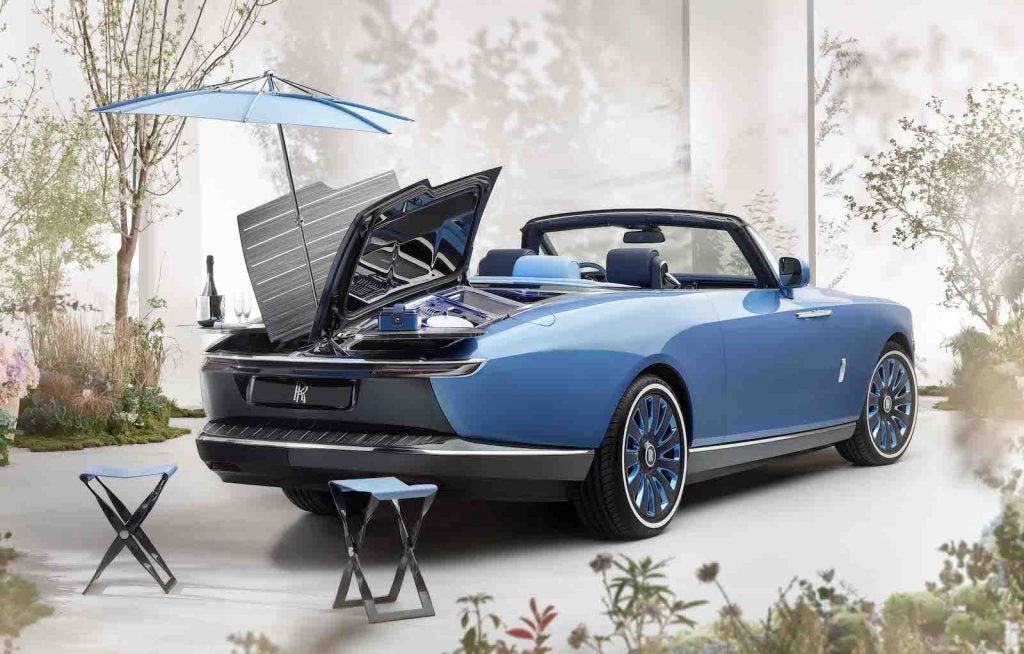
“Exclusivity is the gold ring when it comes to ultimate luxury, and the apex predator of that realm is the bespoke build,” Wasef continued. “The field has exploded in popularity; Bentley’s bespoke division is five times busier than it was five years ago. Even Cadillac has embraced aspects of high levels of personalization with the upcoming Celestiq.”
Even if a given vehicle is not a bespoke creation, the opportunity for individualization before and after the purchase is a key driver.
“If luxury is measured in uniqueness, the explosion of interest in unusual specs and colors is a telling indication of the desire not to blend in,” Wasef explained. “Porsche has made a cottage industry with PTS (Paint to Sample) colors, and the custom look has infiltrated all ends of the spectrum, from humble Hyundais with matte factory paint to Rolls-Royce’s more visually pointed Black Badge series.”
New appeal for a new generation
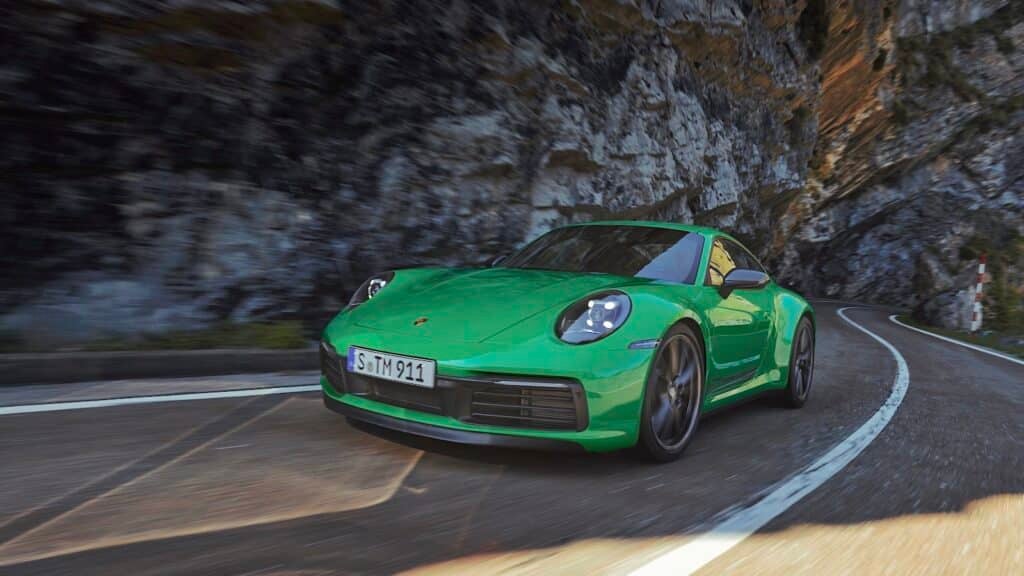
One of the challenges with a moving target of luxury is a changing set of values as younger people achieve the financial success necessary to consider a luxury car. Rich Corinthian leather is not the flex it once was.
“Gen Z’s concept of luxury might be more ideological than tangible,” Wasef explained. “Pillar-to-pillar screens and ultra-minimalist interfaces are the new veneers and buttery hides; it’s less about making the literal loudest splash, and more about the eco messaging. Bragging rights are likelier to come from discreet 2,000 horsepower battery-electric supercars or even animal-free hides than totems like wood and leather or top speed claims.”
Getting the recipe right is critical, as Kia found when the South Korean automaker brought out the K900 luxury sedan. Buyers were not ready to embrace a luxury car with a Kia badge, and sales broke three digits in only one of the model’s seven years of production. However, Hyundai’s luxury brand Genesis has made substantial inroads.
“Genesis is the current generation’s great luxury disrupter,” Wasef said. “The Korean brand harkens back to the late 1980s, when Lexus presented a clear and present danger to BMW and Mercedes-Benz — except this time around, Genesis has poached world class talent from a variety of brands, bringing a more contemporary and relevant feel to their efforts.”
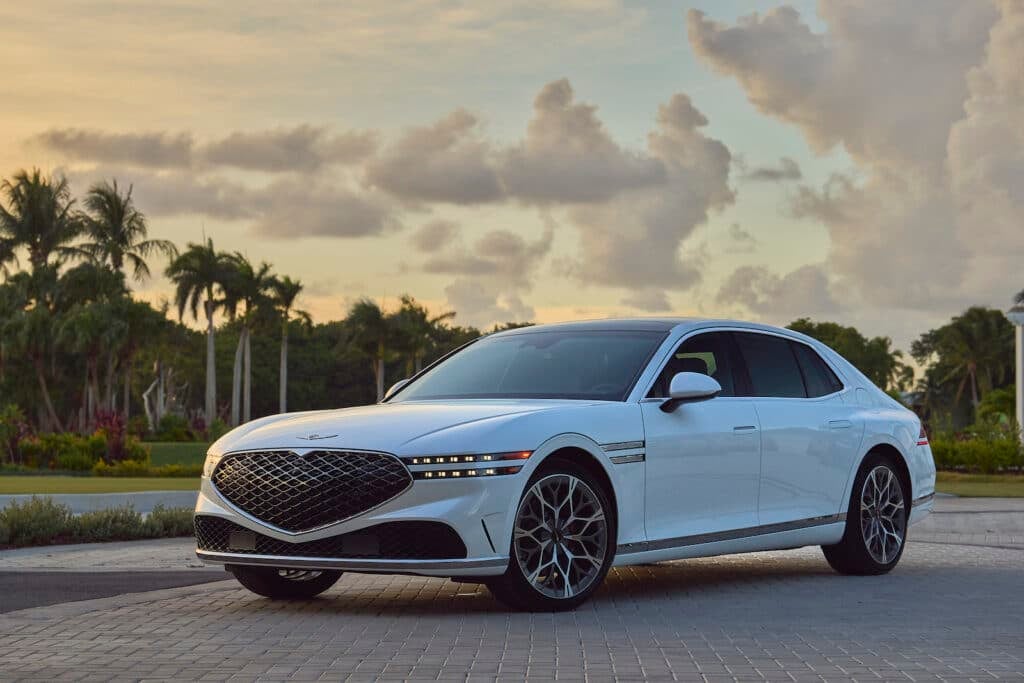
Brands like Volvo have also adopted a more eco-conscious stance throughout the brand, touting their leather-free and sustainably sourced interiors.
“Starting with the new C40 Recharge, all new fully electric Volvo models will be completely leather-free,” states a Volvo press release. “By 2025, the company is aiming for 25% of the material in new Volvo cars to consist of recycled and bio-based content, as it looks to become a fully circular business by 2040. As part of its climate action plans, [Volvo] also aims for all of its immediate suppliers, including material suppliers, to use 100% renewable energy by 2025.”
Brand consultants Dalziel & Pow have a particular idea of what new luxury really means.
“The luxury consumer is looking to brands to help unlock their inner genius … to be the hero of their own story, to feel exceptional, individual.”
Automakers who can realize that branding in the minds of their customers are likely to see their sales rise in 2023.
- SEO Powered Content & PR Distribution. Get Amplified Today.
- Platoblockchain. Web3 Metaverse Intelligence. Knowledge Amplified. Access Here.
- Source: https://www.thedetroitbureau.com/2023/01/ultra-premium-automakers-buck-disappointing-sales-trend/
- 000
- 2022
- 2023
- a
- About
- According
- Achieve
- across
- Action
- adopted
- advanced
- ADvantage
- affordable
- After
- AI
- Aiming
- aims
- AIR
- Air Conditioning
- All
- Americans
- Amid
- among
- analytics
- and
- anyone
- Apex
- appeal
- around
- aspects
- Assistance
- Attainable
- auto
- automakers
- Automatic
- automobile
- automotive
- back
- base
- Beauty
- become
- before
- being
- Better
- biotech
- Black
- Blend
- BMW
- board
- boat
- Bottom
- bought
- brand
- branding
- brands
- Bringing
- broadly
- Broke
- brought
- build
- business
- buy
- buyers
- Buying
- Cadillac
- called
- car
- cars
- certainly
- chain
- challenges
- changing
- claims
- class
- clear
- Climate
- climate action
- Close
- Cloud
- cloud computing
- CNBC
- COM
- combination
- come
- company
- completely
- computing
- concept
- Consider
- considered
- consultants
- consumer
- consumption
- contemporary
- content
- continued
- control
- could
- cover
- creation
- critical
- cruise
- cultural
- Current
- custom
- Customers
- DANGER
- data
- Data Analytics
- decades
- Defines
- democratized
- Design
- DID
- different
- digits
- Division
- down
- driver
- driving
- dropped
- economy
- efforts
- Electric
- elements
- embrace
- employment
- ends
- energy
- especially
- Ether (ETH)
- Even
- EVER
- Except
- exceptional
- Exclusive
- experience
- explained
- facial
- facial recognition
- factors
- factory
- Feature
- Features
- Ferrari
- field
- Figures
- financial
- fingerprint
- Forbes
- form
- formerly
- found
- from
- front
- fully
- Genesis
- genius
- given
- Gold
- good
- great
- Green
- happened
- help
- helping
- Hero
- High
- Highs
- Hit
- How
- However
- HTML
- HTTPS
- idea
- immediate
- important
- in
- Including
- Increases
- indication
- individual
- industries
- industry
- interest
- interfaces
- Interview
- inventory
- issues
- IT
- items
- Key
- Kia
- Kind
- Korean
- Label
- Late
- leaders
- levels
- lexus
- lifestyle
- light
- likely
- Lincoln
- Line
- List
- Look
- looking
- LOOKS
- love
- Luxury
- made
- maintain
- Making
- Manufacturers
- manufacturing
- many
- Market
- Marketing
- mass-produced
- material
- materials
- Matrix
- max-width
- means
- messaging
- might
- minds
- models
- more
- most
- moving
- nearly
- necessary
- New
- New Features
- Newest
- offered
- ONE
- Opportunity
- Other
- Others
- otherwise
- overall
- own
- owners
- paid
- paint
- pandemic
- paradigm
- part
- particular
- past
- People
- personalization
- plans
- plato
- Plato Data Intelligence
- PlatoData
- Point
- popularity
- Porsche
- possible
- power
- practice
- predator
- preferred
- Premium
- present
- presented
- press
- Press Release
- Proactive
- process
- Product
- Production
- promising
- proud
- purchase
- pushed
- question
- raises
- raising
- ready
- realize
- realm
- Recharge
- recipe
- recognition
- record
- release
- relevant
- Renewable
- renewable energy
- report
- returning
- Rich
- rights
- Ring
- Rise
- Rolls-Royce
- Said
- sales
- same
- scanning
- screens
- sector
- self-driving
- Series
- set
- seven
- shift
- site
- some
- something
- South
- south korean
- specs
- Spectrum
- speed
- Spot
- standard
- States
- Status
- Story
- substantial
- success
- suppliers
- supply
- supply chain
- Talent
- Talks
- Target
- tech
- Technology
- The
- their
- theme
- things
- thought
- three
- throughout
- Tied
- tier
- time
- timepieces
- times
- to
- top
- Touchscreen
- Touchscreens
- toward
- transaction
- Trend
- Trust
- types
- u.s.
- ultimate
- Uncertainty
- unlock
- unusual
- upcoming
- use
- value
- Values
- variety
- vehicle
- Vehicles
- virtually
- volvo
- wharton
- What
- What is
- which
- WHO
- will
- windows
- worked
- world
- would
- writer
- year
- years
- Younger
- zephyrnet


